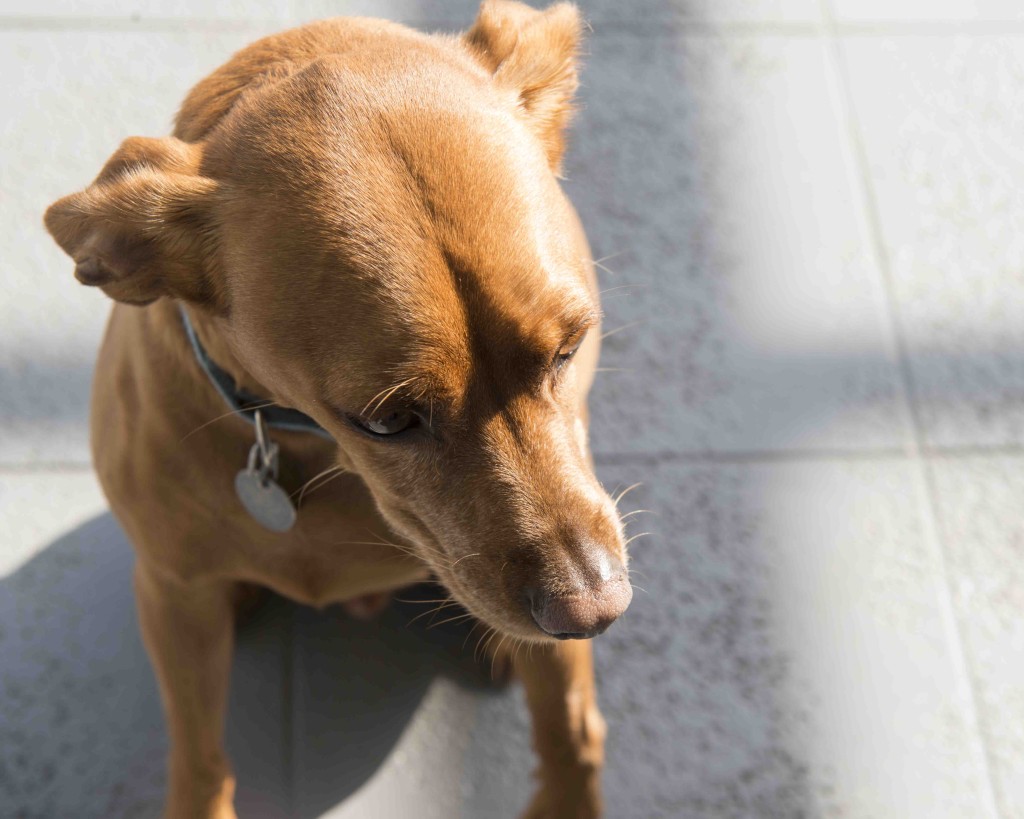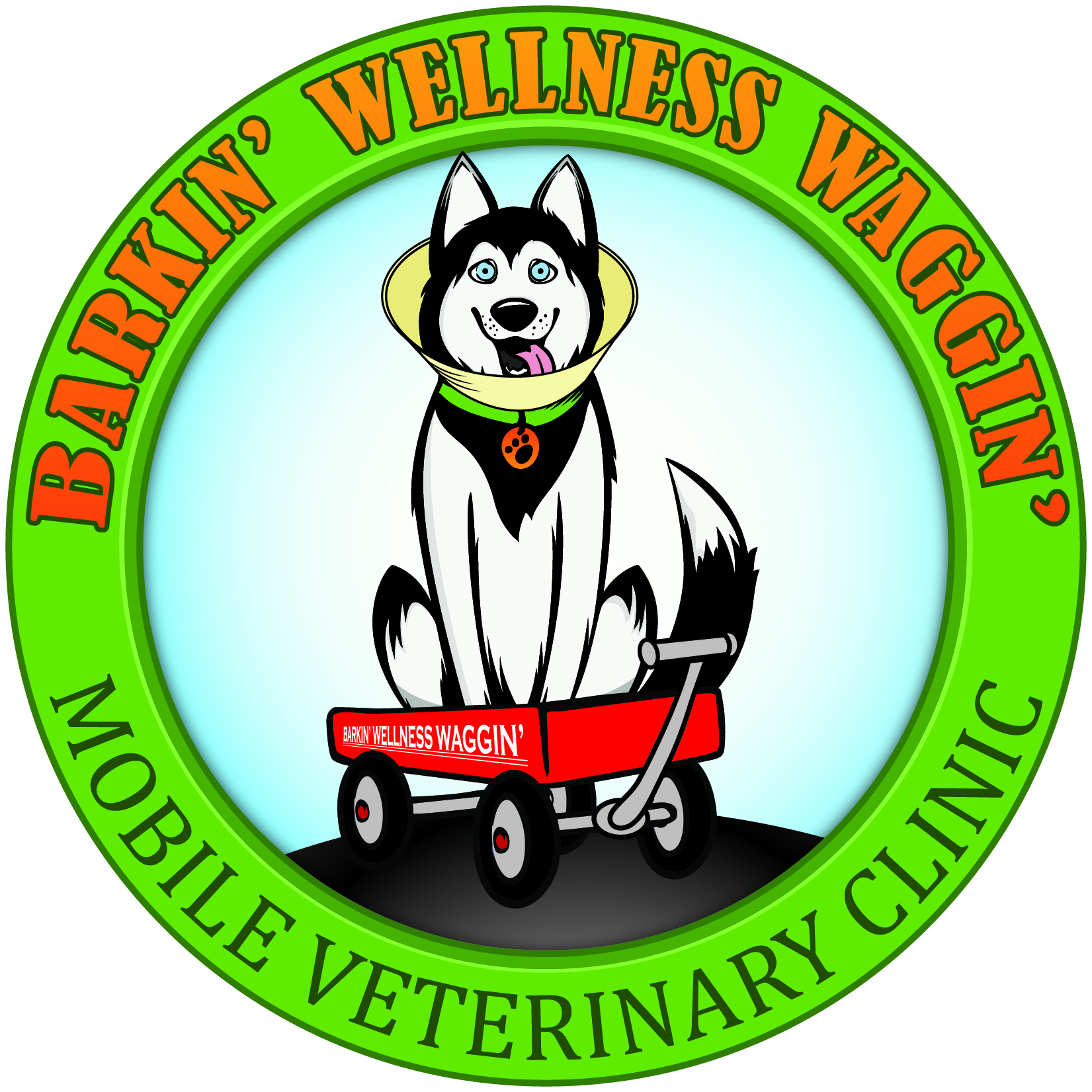One of the saddest things in the world is to see a dog who’s owner has died. Dogs grieve in silence. They may not even know what has happened, except that their loved one is gone and their life is suddenly very, very different. In too many cases, dogs are often unwanted by the remaining family and end up in shelters…adored one day, and homeless the next.
Imagine the tiny chihuahua in New Mexico whose elderly owner passed away. No one noticed for three days. When police broke into the house at the request of a concerned neighbor, the little dog was curled up in the crook of her dead owner’s arm—hungry, dehydrated and shaking. An officer took her to the shelter several hours later in hopes that someone from the family would claim her. No one came. Fortunately, someone from an elderly animal hospice organization rescued the little one, moments before she was to be euthanized. Surely her elderly owner would never have wanted her precious little dog to end up as she did.
No one will love your dog like you do. But you can make sure that in the event of your death or incapacitation, your pets are cared for. Here’s how.
- Carefully select a caregiver. Ask someone you trust, and someone who knows and likes your pet. Make sure they are ready, willing and able to commit to taking your pet. It should not be a surprise at the reading of your will. Also identify a back-up caregiver and discuss with them. When these caregivers agree, write it in your will. Animals are considered property in the U.S. and need to be accounted for in your will. For example, “‘I leave Duke to my cousin, Jack Wilson. And if he isn’t able to take Duke, I designate my friend Julie Smith.” If you do not have someone, contact rescue groups who may be able to help identify someone in return for a small donation. Make sure you carry caregiver information in your wallet in case of emergency so that your pet is cared for in the hours immediately after your incapacitation or death.
- Arrange funding to care for your pet. Caregivers who take your pet should be left with money for vaccinations, health care, food, toys, dog walkers, etc. The easiest thing to do is to include the caregiver in your will: “If my dog Duke is alive at the time of my death, I leave Duke and $5,000 for his care to Peter Smith”. Another option is to establish a trust for your pet. Trusts are now allowed for pets in most states. Visit https://www.aspca.org/pet-care/planning-for-your-pets-future/pet-trust-primer for more information about trusts and for state-specific rules.
- Create a profile for your pet to ease their transition. No one knows your dog or cat like you do. So you’ll want to give as much information to the caregivers as possible. Include general information: their names, what they eat, drink, habits, any quirks, best friends, dog sitters, dog walkers, medications, vet name, medical history, etc.. Do they like children? Other pets? Invite your chosen caregivers over to learn more. Make sure they have a key to your home and that there is way to notify them to come care for your pet in your time of need. Put the profile on your refrigerator or in an easy to find place in case of emergency. Make sure the caregiver’s information is listed on the profile because any firemen or policeman coming in to your home will need it to begin the search for your pet’s designated caregiver.
It is hard time for a pet who has lost a loved one—even if someone does take them in. In addition to missing their person, they will miss their habits and ways of daily life. Make sure you plan ahead for your pets. Our pets are precious to us. They deserve to be looked after with the same love and care after we are gone.






Leave a Reply